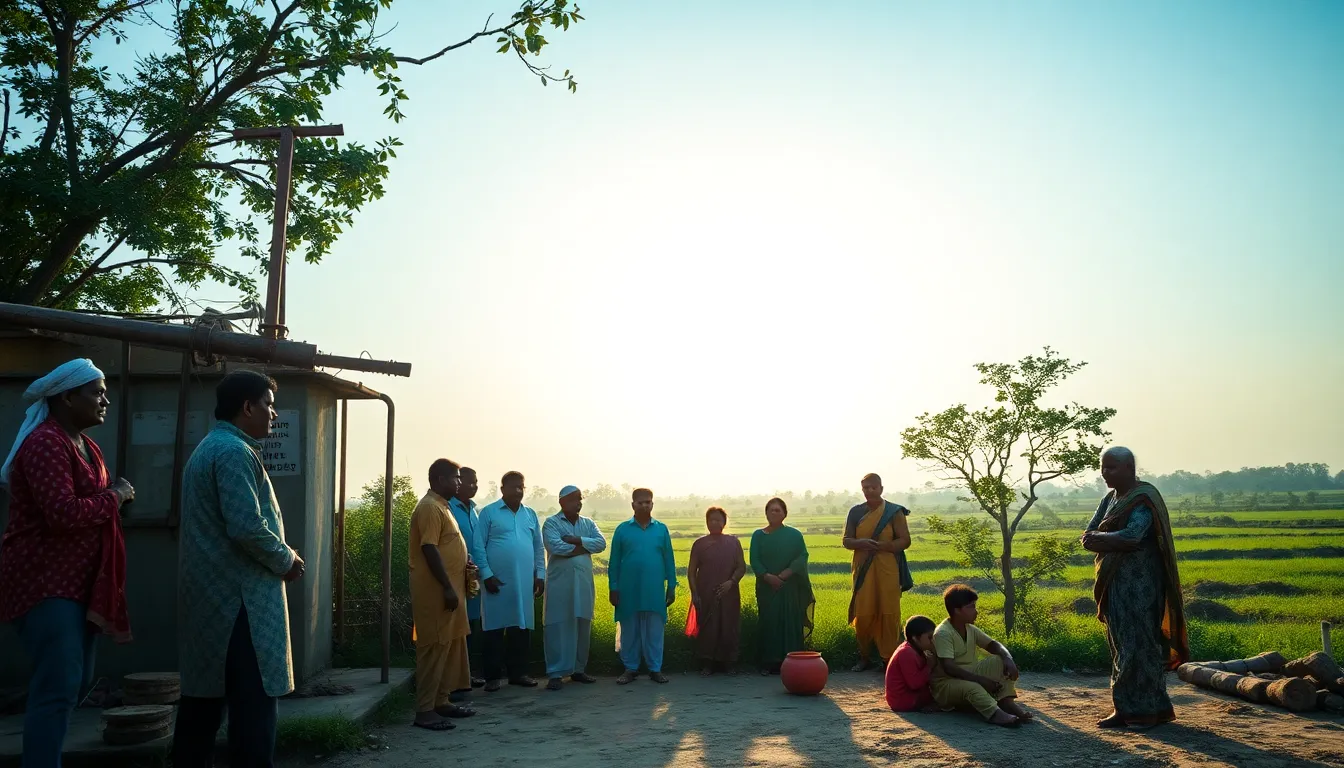In Bhabhar Taluka, Gujarat, 135 anganwadis are facing a serious issue. Despite the government allocating crores of rupees to improve children’s nutrition, many of these facilities have ARRO (Reverse Osmosis) plants that are currently non-functional. The purpose of these plants was to provide clean drinking water to children, but they are now lying unused. This situation raises concerns about government spending and the welfare of children in the area.
The government initiated this project with the aim of reducing malnutrition among children. The ARRO plants were meant to ensure that children receive not only nutritious food but also access to clean drinking water. However, the lack of proper maintenance has led to the plants being out of order.
As a result, children in these anganwadis are left without access to safe drinking water. Instead, they are provided with plain water, which may not meet health standards. This is particularly alarming during the hot summer months when the demand for clean water increases.
Reports indicate that most of the ARRO plants in Bhabhar Taluka are in a state of disrepair. Many of them have become decorative and serve no practical purpose. Government officials have allocated large sums of money for these projects, but without proper usage and maintenance, the funds seem wasted.
The situation has led to public outcry, as parents and community members are concerned about their children’s health. They feel let down by the authorities who are responsible for ensuring access to essential resources like clean water. The lack of accountability is evident, as the same government that is trying to combat malnutrition is failing to provide the basic needs for children.
In addition to the water crisis, there are ongoing efforts in Bhabhar to celebrate children’s milestones. Recently, Anganwadi Centre No. 4 hosted a programme to celebrate Children’s Day and the Anna Prashan (first rice-eating ceremony). Various activities like drawing, craft work, and discussions about Anganwadi enrolment were held. Parents were invited to participate, highlighting the importance of community involvement.
This event was organised with the guidance of local officials, including CDPO Hansaben Pandya and supervisor Sonalben Baraiya. While such initiatives are commendable, they cannot overshadow the pressing issue of inadequate infrastructure and resources.
The condition of the ARRO plants in Bhabhar is a stark reminder of the challenges faced by many rural areas in India. The government must ensure that funds are used effectively and that children’s health is prioritized. Without clean drinking water, the risk of waterborne diseases increases, which can further hinder the growth and development of children.
In conclusion, it is crucial for government officials to take immediate action to repair the non-functional ARRO plants in Bhabhar Taluka. The community deserves to have access to clean drinking water, especially for their children. This is not just a matter of infrastructure, but of health, nutrition, and the future of the next generation.


Leave a Reply